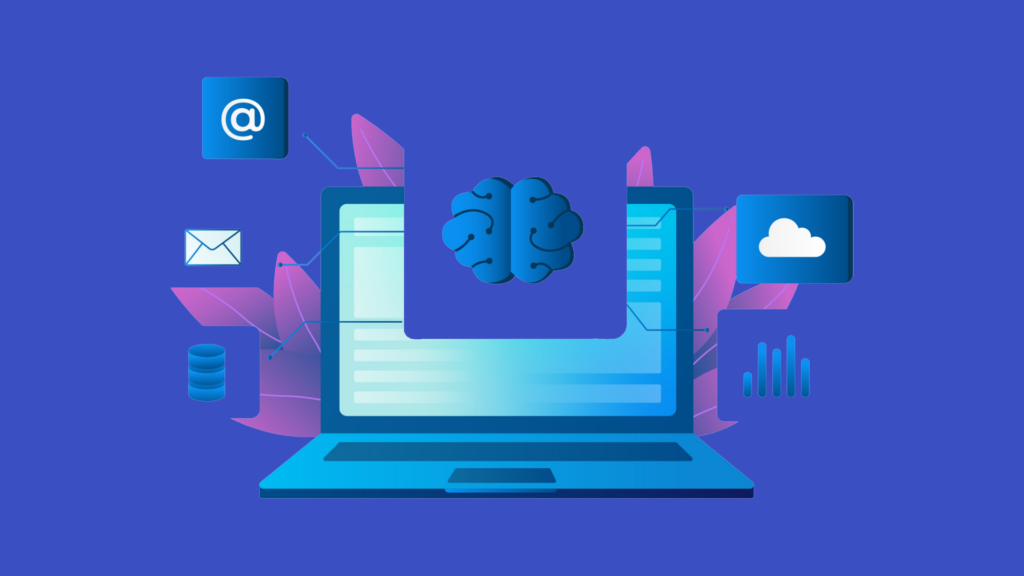Which files should you encrypt?

New research from IBM shows that the financial impact of data breaches worldwide continues to be a concern. The average cost to organizations as a result of such incidents has increased by a significant percentage compared to two years ago. A spate of security incidents last summer highlighted the seriousness of the situation, when millions of records around the world were compromised in 73 separate incidents.
Known incidents
In particular, the delayed disclosure of a UK election data breach in 2021 made headlines. Despite the theft of sensitive information from millions of registered voters, the attack went unnoticed for almost a year and a half. This incident highlights the difficulties organizations face when it comes to protecting their data.
There is an urgent need for companies to implement robust security measures to protect sensitive information from cyber security threats. Encryption technologies play a crucial role in this. These techniques, which allow only authorized users to access encrypted data, are an indispensable tool in the fight against data loss and unauthorized access.
Importance of End-to-End encryption
Before we look at which files should be encrypted, it is important to understand the importance of end-to-end encryption. Encryption technologies convert data into an unreadable code that can only be read by authorized individuals with the appropriate decryption key. This means that even if an attacker gains access to encrypted data, it will remain unusable to them unless they have the correct key.
Sensitive files that should be protected by end-to-end encryption
- Financial data: Financial records, such as account information, credit card numbers and transaction histories, contain highly sensitive information. This data is a prime target for hackers as they can make financial gains if they access it. Therefore, it is essential to encrypt financial data to protect it from unauthorized access.
- Personal data: Information such as names, addresses, dates of birth and social security numbers are personal data that require special protection. A breach of data protection regulations can have serious legal consequences, so encrypting this data is crucial.
- Intellectual property: Companies often have sensitive information that represents their intellectual property, such as patents, designs and trade secrets. This data is invaluable to the business and therefore needs special protection to maintain a competitive advantage.
- Health data: The healthcare industry stores a great deal of sensitive information, including medical records, diagnoses and treatment plans. Protecting this data is not only a legal requirement under the Health Insurance Portability and Accountability Act (HIPAA), but also critical to patient privacy and security.
Which file types can be protected by End-to-End encryption?
Encryption technology is extremely versatile and can be applied to a wide range of file types. Here are some of the most common file types that can be encrypted to ensure the security of your data:
- Text files: Text files often contain confidential information such as passwords, personal notes or business logs. By encrypting these files, you can ensure that only authorized users can access them.
- Documents: Documents in formats such as Microsoft Word, Excel or PDF can contain sensitive information that needs to be protected. This could be business reports, contracts, customer lists or internal memos. By encrypting these documents, you can ensure that they are protected from unauthorized access.
- Pictures and Videos: Media files such as images and videos can also be encrypted, especially if they contain sensitive content. This can include personal photos, confidential presentations or internal company training videos. Encrypting such files not only protects their content, but also the privacy of those involved.
- Archive files: Archive files such as ZIP or RAR can also be encrypted to protect the contents from unauthorized access. This can be particularly useful if you want to combine several files and ensure that they are protected during transfer or storage.
By encrypting these different file types, companies and individuals can ensure that their sensitive information is protected from the dangers of cybercrime.
Scramble's End-to-End encryption makes encryption the standard for your company
Scramble uses end-to-end encryption, which reliably protects your confidential information. Unlike other providers, our end-to-end encryption ensures the security of your data regardless of where you access it. Our cloud and file transfer solution offers you the following:
Unique protection in the cloud
Each file is protected on our users' devices with unique encryption. Files can only be accessed with the users' individual decryption keys, which are known only to them - not even to us. Even in the event of a potential server hack, the content would be unreadable to unauthorized persons.
Secure and restricted access
You have control over who can access which files to protect business-critical documents. The management and protected sharing of files and folders enables differentiated access control so that only those people who need them for their work have access. Access to downloads can also be protected.
Share your files securely with our rights management
Share your files securely and in a controlled manner with our advanced rights management. With customizable sharing options, you always retain control over who can view, edit or download your files. Experience a new dimension of data security and rely on our proven rights management for secure file sharing.

